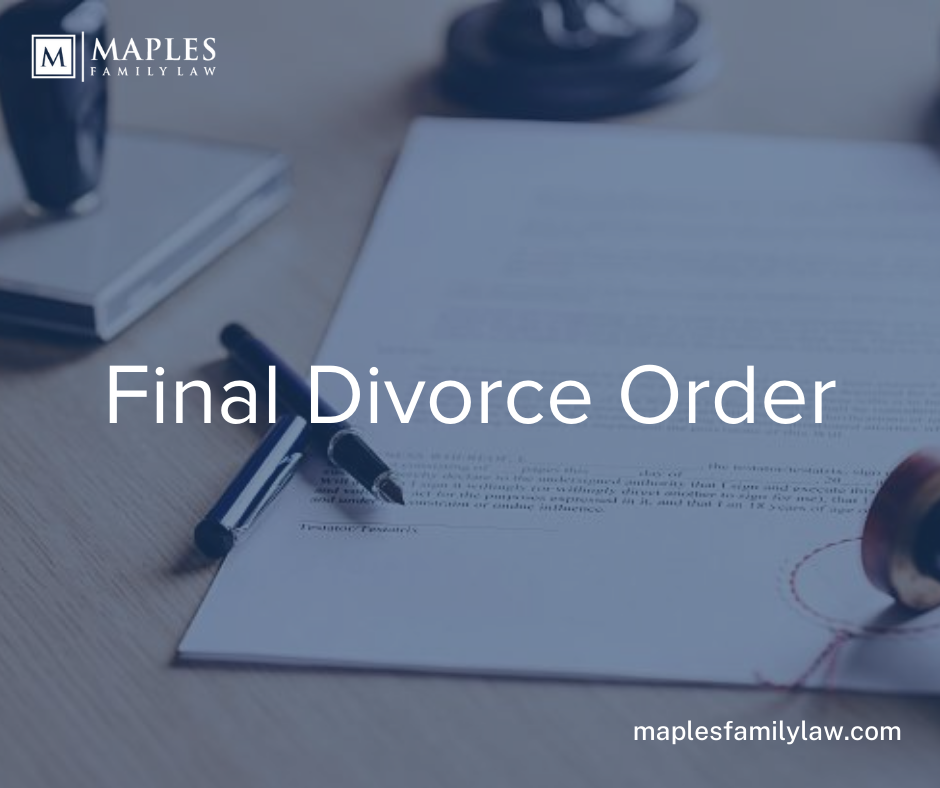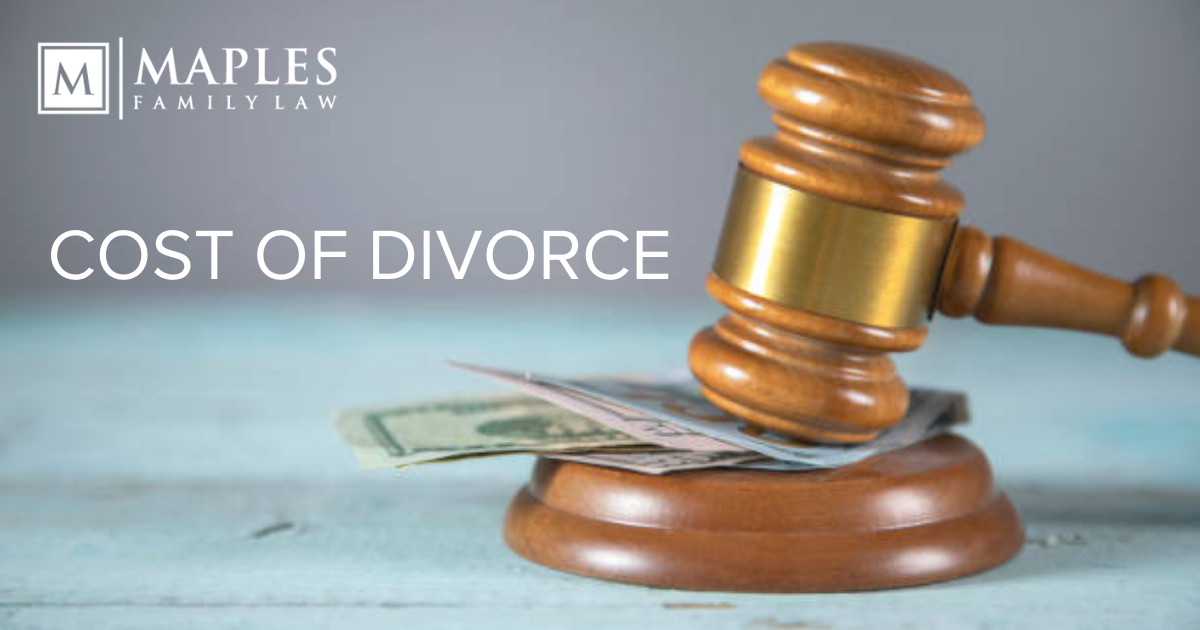
Social Security and Divorce in California
Social Security can be a tricky thing to separate during divorce – but if you or your spouse receives it, here’s what you need to know.
Social Security and Divorce in California
In some cases, divorced people are allowed to receive a larger Social Security benefit than they ordinarily would on their own. That can occur when one party receives benefits on the other party’s record.
How Can You Receive Benefits on Your Ex-Spouse’s Record?

Conditions to Receive Your Spouse’s Social Security After Divorce
If you want to collect benefits based on your ex’s work record, you must meet these conditions:
- You must have been married for 10 or more years
- You must not be married curently
- You must be age 62 or older
Collecting your spouse’s Social Security benefits is very different from an IRA or pension – those are typically calculated differently by plan administrators. Additionally, retirement accounts are treated like community, separate or commingled property.
Related: Retirement and divorce settlements
What if You or Your Spouse Remarries?
If you remarry, you’re typically not allowed to collect benefits on your ex-spouse’s record. However, if your marriage to someone else ends – either by death or divorce – you could be eligible again.
It’s okay if your spouse remarries, too. His or her remarriage will not affect your benefit amount – and the Social Security Administration won’t even notify him or her that you’re receiving the benefit, so you don’t have to worry about that, either.
Related: Divorce and pension payout
Are There Exceptions to the Age Rules?
There are two exceptions to the rule that says you must be age 62 or older to collect Social Security on your ex-spouse’s record after divorce:
- If your ex-spouse is deceased, you can collect benefits when you reach the age of 60
- If your ex-spouse is deceased and you are disabled, you can collect benefits when you reach the age of 50
For the most part, you don’t have to wait for your ex-spouse to start collecting his or her benefits before you can receive them. If your ex qualifies and is over the age of 62 and you’ve been divorced for more than two years, you may be able to begin collecting benefits on his or her record.
What if You Work? Can You Still Collect Your Spouse’s Social Security Benefits?

Related: IRAs and divorce
What Special Paperwork Do You Have to File With the SSA for Social Security After Divorce?
You don’t have to file any special paperwork with the Social Security Administration in order to collect benefits on your spouse’s work record. You can apply for benefits online here.
Do You Need to Talk to an Attorney About Social Security and Divorce in California?
If you’re divorcing your spouse, we can help you sort through all its complexities – and you deserve a tough divorce attorney by your side throughout the process.
Call us at 209-546-6870 to schedule a consultation with an experienced divorce and pension attorney. We’ll answer your questions and start building a strategy that gets you the best possible outcome.






